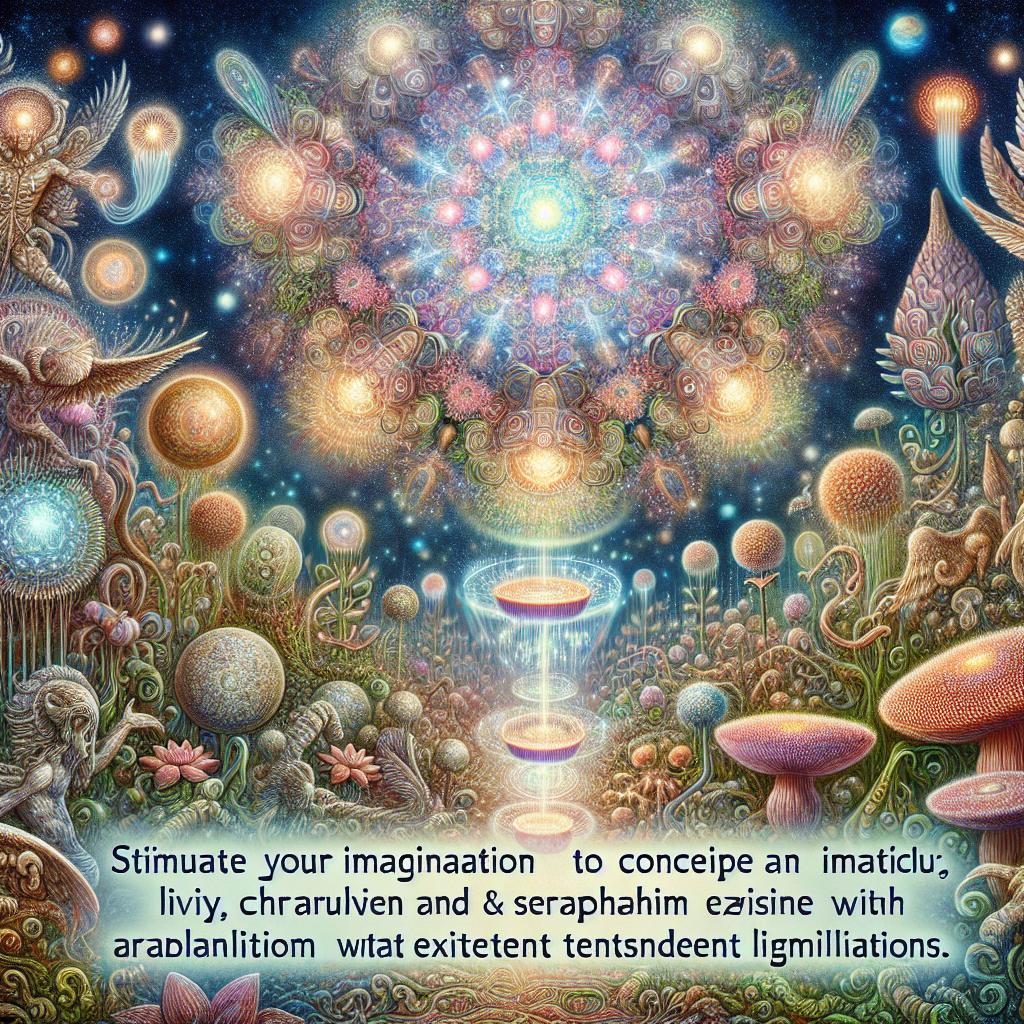
Divine Insights into Cosmic Biology: Unveiling God's Creation Secrets
Published: 30 April 2024
Cosmic Biology: Life from Outer Space
Cosmic Biology is a fascinating field that challenges the traditional view of Neo-Darwinism and explores the possibility of life originating from outer space. While it is still considered on the fringes of science, the concept of panspermia, which suggests that life arrived on Earth from space rather than evolving here, is gaining attention. This theory has been put forward by a group of scientists who are not creationists, but they question the ability of chance mutations to explain the complexity of life.
The Origin of Life and Panspermia
One proponent of panspermia is Sir Frederick Hoyle, an esteemed astronomer known for his work on stellar nucleosynthesis. Hoyle believed that life originated from an infinite string of ever-increasing levels of intelligence present in our universe. His co-author, Dr. Chandra Wickramasinghe, continues to advance their thesis to this day. They argue that life not only originated from space but has been continually supplemented by arrivals from space throughout evolution.
Criticisms of Abiogenesis and Evolution
The proponents of panspermia raise valid criticisms against chemical evolution (abiogenesis) and Darwinian evolution. They argue that modern ideas about abiogenesis lack evidential support and that the transformation of simple biological monomers into a primitive living cell capable of further evolution requires a highly unlikely event. Additionally, they question whether copying errors in existing genes can produce new genes with functional utility.
The Octopus as Evidence
One intriguing aspect of the panspermia theory is its explanation for complex organisms like the octopus. The proponents suggest that the octopus either arrived via frozen embryos from space or evolved from genetic material inserted into terrestrial genomes by extraterrestrial viruses. They believe that chance mutations alone cannot account for the complexity observed in organisms like the octopus.
The Credibility of Panspermia
While panspermia is not yet widely accepted in the scientific community, its proponents believe they are on the verge of scientific acceptance. However, many scientists remain skeptical of this theory. The reluctance to embrace panspermia may be due to the prevailing paradigm of Neo-Darwinism and the resistance to acknowledging alternative explanations for the origin and evolution of life.
Panspermia in Popular Culture
The idea of panspermia aligns with popular culture's fascination with extraterrestrial life. Even atheist professor Dr. Richard Dawkins expressed openness to the concept of panspermia during an interview. As society becomes increasingly receptive to the possibility of life beyond Earth, panspermia could gain more attention as a viable alternative to traditional explanations.
The Evidence for Panspermia
The evidence for panspermia is still weak and speculative. While some simple organic molecules have been found in meteorites and other celestial bodies, there is no evidence of nucleotides, DNA, amino acids, or other cellular components necessary for life. Additionally, the random insertion of foreign DNA into a genome is more likely to cause damage than enhance functionality.
Why This Matters
The exploration of cosmic biology challenges the traditional view of evolution and opens up new possibilities for understanding the origin and complexity of life. By considering alternative explanations like panspermia, we can encourage scientific inquiry and promote a more comprehensive understanding of our place in the universe.
Think About It
As Christians, it is crucial to engage with these scientific theories while maintaining our faith in God as the Creator. While some aspects of panspermia align with biblical creationist views, proponents of this theory still ignore the ultimate truth found in Scripture. We must remain steadfast in our belief that God created all things and avoid being swayed by materialistic explanations that deny His sovereignty.
In conclusion, Cosmic Biology and the concept of panspermia present intriguing possibilities for understanding the origin and evolution of life. While still on the fringes of science, this theory challenges the traditional view of Neo-Darwinism and raises valid criticisms of abiogenesis and chance mutations. As Christians, we can engage with these ideas while remaining rooted in our faith in God as the Creator of all things.
